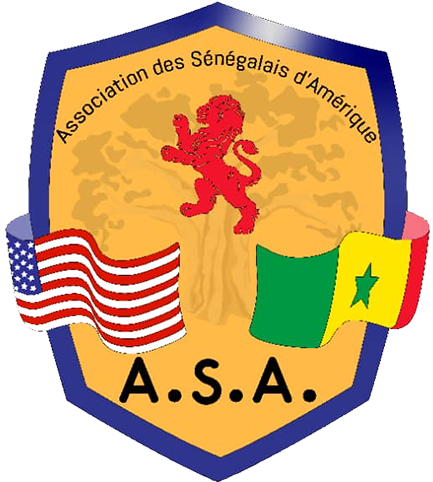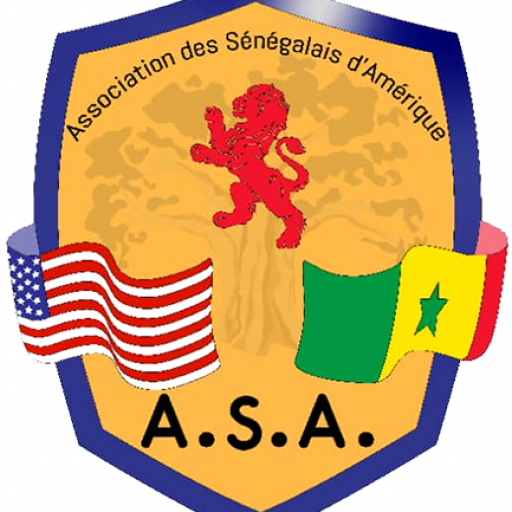Les deux ateliers de préparation au collège feront la promotion de la valeur d’une formation collégiale, aider les étudiants et les parents à choisir les collèges auxquels postuler, les aider à processus d’obtention d’une aide financière pour le collège, et les aider avec la demande réelle traiter.
Atelier 1 – Calendrier pour postuler aux étudiants des collèges et immigrants et le processus élèves et parents sans papiers
Atelier 2 – Aide financière (FAFSA et bourses)
Hosting your own financial aid, college preparation, or FAFSA® completion event is a good way to share information with a number of students at once.
Hosting an event will require a great deal of organization and may even entail some expense. The more you plan ahead, the more smoothly your event will go. Below, we set out general tips for planning an event, as well as specific tips for financial aid or college preparation events and for Free Application for Federal Student Aid(FAFSA®) completion events.
General Tips for Planning an Event
Set Goals for the Event
What message do you want to convey to students and parents? What actions do you want them to take? What outcomes do you want for them? The answers to these questions can determine the agenda, structure, and length of your event.
For instance, if you simply want your students to be aware of the many options in postsecondary education in your area, you might want to host a college fair at which schools can set up information tables. You might not want to line up any speakers but instead allow students to show up when they like, visit the information tables, and then leave.
On the other hand, if your goal is for students to file a FAFSA® form, you will need to decide whether you will lead the entire group of attendees through the application one question at a time or allow them to start as they arrive, work through the form at their own pace, and get the help of experts standing by. How you arrange your event depends on what you want to get from it and what you think would best suit the needs and characteristics of your audience.
The most important thing to keep in mind is to have a clear goal for your event so that you can plan event timing, agenda, expert speakers, handouts, and advertising around that goal.
Choose Location, Date, and Time
Think about your audience—but also about your own needs and resources—as you plan the time and place for your event.
Is the location convenient (and inexpensive) for the audience to get to? Will you have to pay a fee to access the location? If so, can you pool funds with another school or organization to save money? Or can you find an alternate location free of charge? Ask local colleges and churches whether they have space available for your event.
Is there a date when many of your audience members would be unable to attend due to a competing event? Is there a time of day that is particularly ideal for your audience? Will you be serving substantial refreshments? If not, don’t hold your event too close to lunch or dinnertime, or your attendance will drop.
As you consider the pros and cons of different locations and times, talk to colleagues; they might think of obstacles or opportunities that you haven’t.
Choose Presenters
If you want to have one or more presentations at your event, you’ll need presenters. Try the following:
- Depending on your level of comfort with the topic and with public speaking, you can be the presenter.
- Ask the admissions or financial aid staff at a local college if someone is available to speak.
- Find out if there’s a college access organization near you that can provide an expert in the topic you want to feature. (Invite them to bring their students to your event so they can benefit as well.)
Advertise the Event
Start advertising your event as early as possible, and advertise it in a variety of ways to reach the largest number of people. Remember the old adage that someone has to see or hear a message seven times before they take action? Here are seven ways you can advertise your event:
- Email students and parents.
- Put up posters around the community.
- Share the details on your school’s or organization’s website.
- Put ads in your local paper and school paper.
- Tweet about it.
- Put an ad on local radio.
- Spread the word via your Facebook page.
There are plenty of ways to get the word out about your event; try as many as you can.
Gather Handouts and Resources
At your event, you may have your own documents that you want to share with students and parents, or you may wish to use some of ours. We’ve also got videos that you can show during your event. We’ve featured a few of our resources below; you can find many more by searching our collection of financial aid tools and resources and downloading the items you need.
Get Help Carrying Out the Event
Besides starting your planning early, one of the best things you can do to ensure the success of your event is to get help. Ask colleagues to collaborate in the organization and preparation. Ask subject experts to share their knowledge in mini-workshops. Ask students to serve as the set-up and clean-up crews, welcome people at the door, hand out materials, and serve refreshments. Don’t go it alone.
Tip: Keep your local network strong; forge good relationships with staff at the public library, college financial aid offices, high schools, community centers, etc. When one organization wants to present a college preparation or FAFSA event, you can pool resources for better effectiveness.
Assess the Event’s Success
If appropriate, provide an evaluation form for your event, and review any feedback you get. Hold a “lessons learned” meeting after the event, and take notes so you’ll have a record of what worked and what didn’t work. That way, you’ll be even better prepared when it’s time to organize your next event.
Specific Tips for Financial Aid or College Preparation Events
Unsure about topics for your upcoming financial aid or college preparation event? You might want to share information beyond a high-level overview of the college application process or the basic types of financial aid. Below are some topics for consideration.
Ideas for college preparation event topics include
- earning college credits in high school,
- qualifying for in-state tuition or tuition reciprocity,
- supporting your child as he or she prepares for college (parent event), and
- deciding whether to apply early decision or early action
Ideas for financial aid event topics include
- benefiting from tax advantages of college savings programs,
- minimizing borrowing,
- finding scholarships,
- understanding whose information to report on the Free Application for Federal Student Aid (FAFSA®) form, and
- avoiding financial aid scams
Specific Tips for FAFSA® Completion Events
Many students and parents feel anxious about filling out the Free Application for Federal Student Aid (FAFSA®) form. In order to guide them through the application, you might wish to arrange for them to attend a workshop at which they can get help as they fill it out. You can either host the workshop yourself or find one for them to attend.
To ease students’ fear of the FAFSA process, have them fill out the FAFSA on the Web Worksheet to get a feel for the types of questions they’ll be asked when they submit the official application.
Host Your Own FAFSA® Completion Workshop
Generally, the way FAFSA® completion workshops function is that students and parents turn up with their financial documents in hand, sit down at computers, and fill out the FAFSA form. The host organization either has a speaker walk the entire group through the FAFSA form question by question or has students go through it at their own pace as experts stand by to answer individual questions.
Think about the following as you organize and carry out your workshop:
- Hold the workshop during opening hours for the Federal Student Aid Information Center hotline in case you need to call with questions.
- Show our three-minute video, “How to Fill Out the FAFSA,” at the beginning of the workshop to give an overview of the process.
- Provide handouts to answer frequently asked questions, explain what comes next in the process, or list Federal School Codes for colleges to which many of your students apply.
- Remind students to go to fafsa.gov to apply; that’s the official, free FAFSA site.
- Use the FAFSA demo site on a large screen at the front of the room if you intend to walk through the application question by question with the whole group at once.
- If you want to have several FAFSA experts on hand to help answer individual questions, contact local college financial aid offices, your state’s higher education department, TRIO programs, and/or the Federal Student Aid Outreach Team to see who might be available.
Tip: You can track your school’s FAFSA completion rate.
Talking points:
- While the FAFSA form determines an applicant’s eligibility for federal student aid, it also is an application for funds from many schools and from the state.
- People whose income is too low to require them to file taxes should file a federal tax return anyway; they may be eligible for the Earned Income Tax Credit.
- Some students and their parents may qualify for free help filling out tax returns.
Find Another Organization’s FAFSA® Completion Workshop
Don’t have the resources or know-how to host your own FAFSA® completion workshop? Tap into other FAFSA-related events in your area.
- Form Your Future promotes FAFSA completion assistance and events in your state.
- Local colleges, high schools, church groups, or college access organizations may host their own FAFSA events—keep an eye on sources of information about events in your area to find out when such workshops will take place.
- Find out whether someone from Federal Student Aid will be at a workshop near you by checking StudentAid.gov/events.



